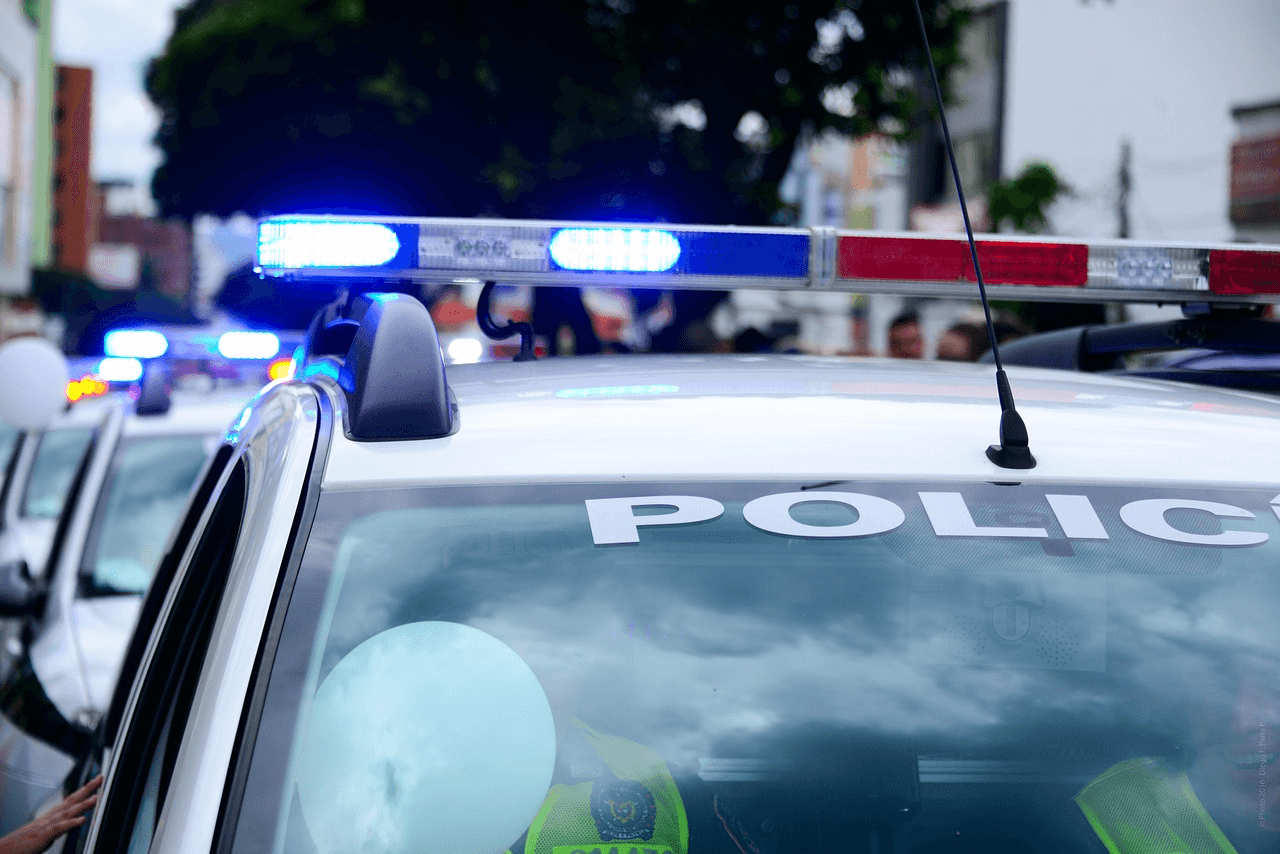
Roadside Broadside
Illinois checkpoints target impaired driving during holidays; learn how they work and what to expect.
Illinois checkpoints target impaired driving during holidays; learn how they work and what to expect.
Though roadside safety checks occur year-round, holidays are a particular favorite time for law enforcement. This makes sense: people tend to drink more during the festive Thanksgiving-to-New Year’s stretch, and checkpoints are meant to deter impaired driving. If a holiday weekend is coming up, there’s a good chance a checkpoint will be set up nearby.
The legality of these stops was settled in 1990, when the U.S. Supreme Court upheld checkpoints, ruling that the limited intrusion on individual rights was outweighed by public safety. Illinois courts followed suit in People v. Bartley, 486 N.E.2d 880.
To pass legal scrutiny, officers cannot have unchecked discretion. Valid checkpoints must:
- Be at a location chosen in advance by supervisory law enforcement
- Follow a pre-established, systematic plan for stopping vehicles
- Rely on published guidelines reviewed beforehand
- Provide sufficient notice to drivers through announcements and visible signage
- Be safe, well-lit, and minimize intrusion on motorists

Because of these requirements, checkpoints are often announced in advance—sometimes in newspapers, other times on official law enforcement websites. In fact, announcements may list the exact location and time of a planned safety check.
While the main goal is to identify intoxicated drivers, officers can only require further sobriety tests if they have probable cause—such as the smell of alcohol, slurred speech, or impaired behavior. Additionally, although some guidelines call for stopping every third car (or similar system), officers may pull over a driver for any legitimate reason, such as a broken headlight or not wearing a seat belt.
Even if you plan around checkpoints, the safest option is clear: don’t drink and drive. Officers often err on the side of caution and may arrest a driver simply for smelling of alcohol—even if that driver isn’t intoxicated.
The post Roadside Broadside appeared first on Harter & Schottland.
